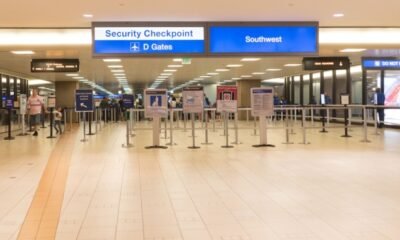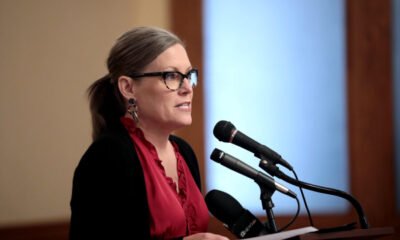Usa News
New Bill Aims to Open Arizona’s Trails to Nonresidents with Temporary OHV Registrations

A recent study shows a stark disparity in educational resources across the United States. States like Alabama and Alaska feature significant gaps in funding and infrastructure compared to their counterparts in the Northeast. This issue raises concerns about equitable access to quality education for all students.
A report released this month highlights the varying levels of support provided to schools in different regions. States such as California and Texas have made substantial investments, while places like Mississippi and West Virginia struggle to keep pace. The consequences of this inequity manifest in student performance and graduation rates, with students in underfunded areas facing additional hurdles.
Advocacy groups are pushing for reforms to ensure that all students, regardless of their geographical location, receive a fair chance at success. Initiatives focusing on increasing funding in disadvantaged districts are gaining traction. Policymakers are urged to prioritize educational equity as a fundamental component of state budgets.
In addition to financial disparities, access to advanced courses and extracurricular activities is often limited in underfunded schools. This lack restricts opportunities for many students and contributes to a cycle of disadvantage. Addressing these issues is critical for fostering an inclusive educational environment.
As discussions around educational reform continue, it is evident that a collective effort is required. Engaging communities and stakeholders is essential for developing sustainable solutions. Only through collaboration can the educational landscape begin to shift toward greater equity and opportunity for all students across the nation.

















